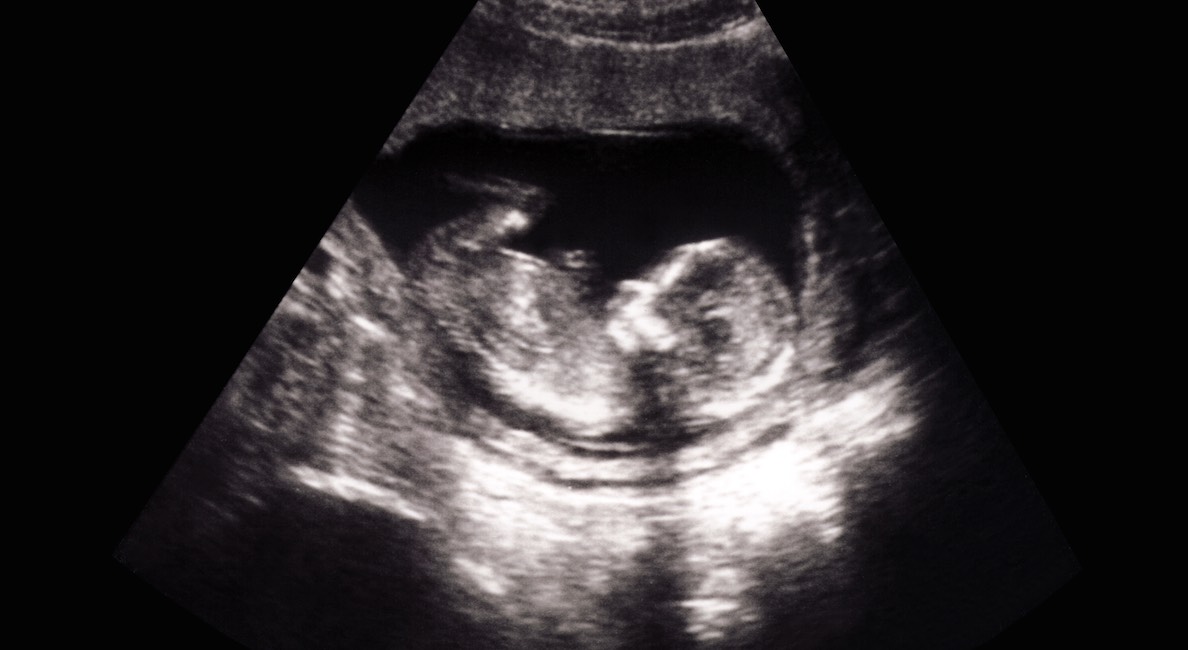At the start of 2022, The New York Times finally reported what Live Action News has been reporting for years — the fact that prenatal blood testing is not accurate and should not be used as a diagnostic tool. Certain non-invasive prenatal screening tests (NIPT or NIPS tests) for genetic conditions are wrong up to 93% of the time but are often used to pressure parents into abortion. Now the U.S. Food and Drug Administration (FDA) is warning parents and health care providers that no NIPS tests have been approved by the FDA.
“While health care providers widely use NIPS tests, none have yet been authorized, cleared, or approved by the FDA. The accuracy and performance of NIPS tests have not been evaluated by the FDA and these tests can give false results, such as reporting a genetic abnormality when the fetus does not actually have one,” said the FDA in a press release. “NIPS tests are screening tests, which means the NIPS tests may only tell you the risk of a fetus having certain genetic abnormalities. They are not diagnostic tests, which are generally used to more definitively confirm or rule out a suspected genetic abnormality.”
READ: The devastating cost of wildly inaccurate prenatal screening tests
The FDA notes that additional testing should be carried out to confirm a diagnosis, but is aware that many patients have made “critical health care decisions” — abortion — based on the screening test results alone. “Specifically, pregnant people have ended pregnancies based only on the results of NIPS tests,” said the FDA. “Without confirming the results with a diagnostic test, there is no way to know whether the fetus actually had the genetic abnormality reported by the screening test.”
The FDA released a list of recommendations for women and couples who are pregnant as well as recommendations for health care providers on how to discuss NIPS tests with patients. It warns doctors that the tests could show an abnormal result in the placenta and not the preborn baby. The FDA is also advising medical professionals to ensure that their patients receive proper follow-up testing and care after NIPS testing.
As The New York Times reported, companies such as Quest Diagnostics and Labcorp are working to outsell each other, working to create screening tests for additional and increasingly more rare health conditions. The tests, though profitable, are not reliable. But the market size is estimated to be at least $600 million to a billion dollars — leading companies to put profits over people.
According to a 2014 study, 6% of babies who had a “positive” screening test result for a health condition were aborted without their parents undergoing a test to confirm the diagnosis, such as an amniocentesis. In Ireland, based on NIPS test results indicating their child may have a genetic health condition, a couple chose to undergo an abortion. But after they had already killed their child, another test result indicated that their child was healthy.
No child should be aborted for any reason. Undergoing a discriminatory abortion due to a prenatal diagnosis — whether that diagnosis is accurate or not — is a form of eugenics. Prenatal screening should be used in a pro-life manner to educate parents on how to best care for their baby, not as a search and destroy mission targeting innocent children.
“Like” Live Action News on Facebook for more pro-life news and commentary!







